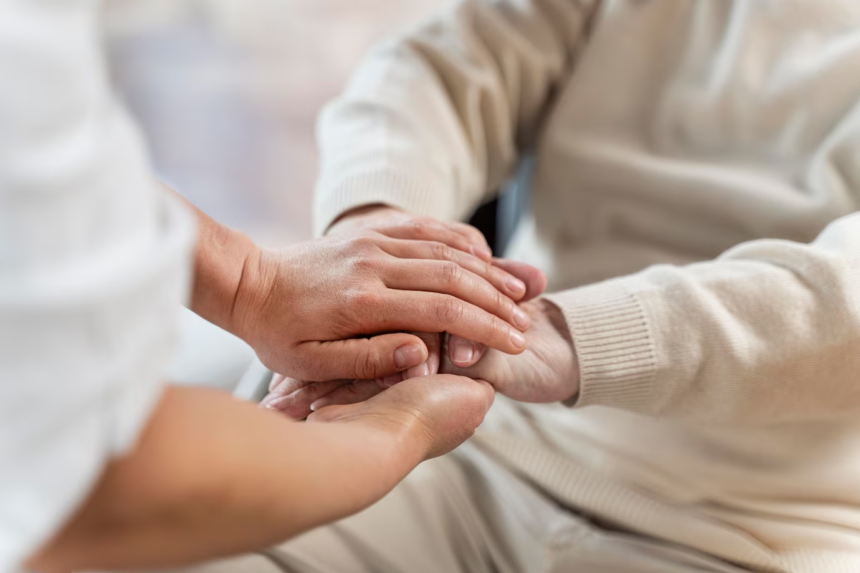Parkinson’s disease (PD) is a neurodegenerative disorder that affects millions of people worldwide, including a significant number of individuals in South Africa. Alongside the characteristic motor symptoms such as tremors and rigidity, sleep disturbances are a common and often overlooked aspect of Parkinson’s disease. Understanding and addressing these sleep disturbances in South African individuals with Parkinson’s disease is crucial for improving their overall quality of life and well-being.
Sleep problems in Parkinson’s disease can manifest in various forms, including insomnia, excessive daytime sleepiness, restless legs syndrome, and rapid eye movement (REM) sleep behavior disorder. These disturbances can have a profound impact on both the physical and mental health of individuals with Parkinson’s disease, exacerbating other symptoms and affecting daily functioning.
One of the most prevalent sleep disturbances in Parkinson’s disease is insomnia, which refers to difficulty falling asleep, staying asleep, or experiencing non-restorative sleep. Factors such as motor symptoms, pain, anxiety, depression, and medication side effects can contribute to insomnia in individuals with Parkinson’s disease. As a result, they often experience fragmented sleep and wake up feeling tired and unrefreshed, negatively impacting their energy levels and overall cognitive function.
Excessive daytime sleepiness is another significant sleep-related issue in Parkinson’s disease. Individuals may feel overwhelmingly drowsy during the day, making it difficult to stay awake and maintain focus. This can lead to impaired concentration, reduced productivity, and an increased risk of accidents or falls. Daytime sleepiness in Parkinson’s disease is often attributed to disrupted nighttime sleep due to motor symptoms, nocturnal bathroom visits, or medication side effects.
Restless legs syndrome (RLS) is also commonly observed in individuals with Parkinson’s disease. It is characterized by an uncomfortable sensation in the legs, often described as a creeping or crawling feeling, accompanied by an irresistible urge to move the legs. RLS symptoms tend to worsen during periods of inactivity or at night, making it challenging to fall asleep or stay asleep. The prevalence of RLS in Parkinson’s disease is significantly higher compared to the general population, and it further contributes to sleep disturbances and overall discomfort.
REM sleep behavior disorder (RBD) is a unique sleep disturbance associated with Parkinson’s disease. Normally, during REM sleep, our muscles become relaxed to prevent us from acting out our dreams. However, individuals with RBD lack this muscle atonia, leading to vivid and often violent dream enactment behaviors. These behaviors can be disruptive to sleep and potentially pose a safety risk to the individual and their bed partner.
Addressing sleep disturbances in South African individuals with Parkinson’s disease requires a comprehensive and multi-disciplinary approach. Healthcare providers, including neurologists, sleep specialists, and mental health professionals, need to collaborate to develop tailored treatment plans. Medication adjustments, particularly regarding dopaminergic therapy, can help alleviate sleep disturbances while managing motor symptoms. Non-pharmacological interventions such as cognitive-behavioral therapy for insomnia (CBT-I), which focuses on improving sleep habits and addressing the underlying causes of insomnia, have shown promising results.
Moreover, practicing good sleep hygiene can significantly improve sleep quality for individuals with Parkinson’s disease. Establishing a regular sleep schedule, creating a comfortable sleep environment, engaging in relaxation techniques before bed, and limiting caffeine intake are essential components of sleep hygiene. Additionally, implementing strategies to manage motor symptoms at night, such as physical therapy, stretching exercises, and using assistive devices, can help minimize sleep disruptions.
Support groups and educational programs tailored specifically for South African individuals with Parkinson’s disease can also play a vital role. These initiatives can provide a platform for individuals to share their experiences, discuss coping strategies, and learn from healthcare professionals and experts in the field. By fostering a supportive community, individuals with Parkinson’s disease can find solace, guidance, and valuable insights into managing their sleep disturbances.
In conclusion, addressing sleep disturbances in South African individuals with Parkinson’s disease is crucial for improving their overall well-being and quality of life. By recognizing the various sleep-related issues commonly experienced in Parkinson’s disease and implementing a comprehensive approach that includes medication adjustments, non-pharmacological interventions, and support networks, healthcare providers can make significant strides in managing these sleep disturbances. By promoting healthy sleep habits and enhancing the understanding of sleep disorders in Parkinson’s disease, South Africa can empower individuals living with this condition to lead more fulfilling lives.










